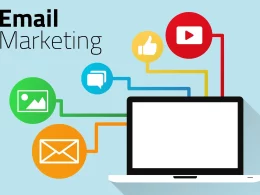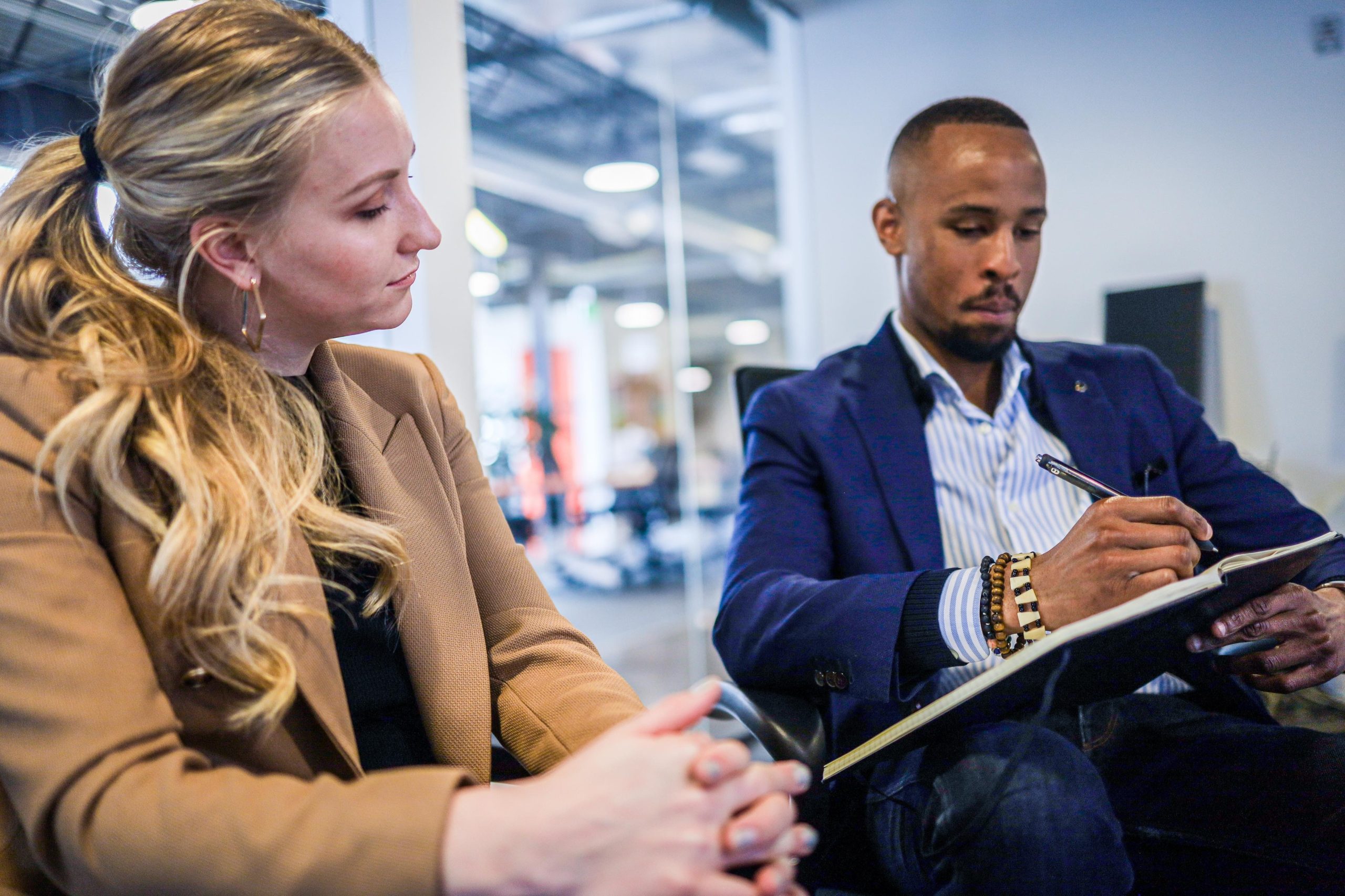In today’s fast-paced world, knowledge is power. Building your knowledge can give you a competitive edge in your career and personal life. In fact, recent research has shown that individuals who continuously learn and acquire new skills are more likely to succeed than those who don’t. But what exactly does it mean to “build knowledge”? And how can you do it effectively? In this blog post, we’ll explore the different types of knowledge, the benefits of building knowledge, and provide practical tips on how you can start building your own expertise today!
The Importance of Building Knowledge
Building knowledge is essential to personal and professional growth. In today’s rapidly changing world, skills that were once valuable may become obsolete quickly. Therefore, it is vital that individuals continuously seek new information and improve their existing knowledge.
Moreover, building knowledge can help you stay ahead of the curve in your career. Employers value employees who are knowledgeable about their industry and demonstrate a willingness to learn new things. Having a broad understanding of different topics can also make you more adaptable when faced with challenges or unexpected situations.
In addition to its practical benefits, building knowledge can be incredibly fulfilling on a personal level. Learning about new subjects opens up new worlds of possibilities and experiences. It can stimulate creativity and provide opportunities for self-discovery.
Ultimately, building knowledge is an investment in yourself – one that pays off both professionally and personally. So whether you want to advance your career or simply broaden your horizons, there’s no better time than now to start learning!
The Different Types of Knowledge
When we think of knowledge, we often imagine a vast sea of information that encompasses everything from math and science to history and literature. However, there are actually many different types of knowledge that fall under several categories.
One type is declarative knowledge, which refers to factual information about the world. This includes things like names, dates, and definitions. Another type is procedural knowledge, which describes how to do things like riding a bike or tying your shoes.
There’s also conceptual knowledge, which involves understanding relationships between ideas and concepts. For instance, knowing that multiplication is related to addition or that gravity affects objects differently depending on their mass.
Then there’s practical knowledge – skills you use every day such as cooking or driving – as well as experiential knowledge gained through personal experiences over time.
Regardless of what kind it is though building all these types of knowledges can help us understand the world around us better.
The Benefits of Building Knowledge
Building knowledge is an essential part of personal growth and development. There are numerous benefits associated with building knowledge, both at a personal and professional level.
One significant benefit of building knowledge is that it helps individuals to become more self-aware. By learning about the world around them, people can gain insights into their own beliefs, values and attitudes. This awareness can help individuals make better decisions in all aspects of their lives.
Another benefit of building knowledge is that it boosts confidence levels. When people have a deeper understanding of a topic or subject matter, they feel more confident when discussing or presenting it to others.
Building knowledge also improves critical thinking skills. The process requires analyzing information from multiple sources and determining the most valid points to incorporate into one’s own perspective on the topic.
Furthermore, gaining new knowledge enables individuals to be more adaptable in various situations- whether personally or professionally- because they possess additional tools for problem-solving.
There are many advantages associated with acquiring new information- improving self-awareness, boosting confidence levels , enhancing critical thinking skills and promoting adaptability being just some examples. Therefore, committing oneself to lifelong learning should be considered as an investment towards leading a fulfilling life .
The Process of Building Knowledge
The process of building knowledge is a complex and ongoing one that requires diligence, effort, and patience. It involves actively seeking out new information, critically analyzing it, and integrating it into your existing base of knowledge.
The first step in the process is to identify areas where you need to build knowledge. This can be done by reflecting on your interests, goals, and gaps in your current understanding. Once you have identified these areas, you can begin to seek out sources of information such as books, articles or courses.
As you gather new information, it’s essential to not just passively absorb it but actively engage with it. This means asking critical questions about what you’re learning and how it fits within your broader context.
Another crucial aspect of building knowledge is finding ways to apply what you’ve learned in real-world settings. This could involve practicing a skill or teaching someone else what you’ve learned.
The process of building knowledge never truly ends – there will always be more to learn and explore! By embracing this mindset and committing yourself to continuous learning, you’ll be well-positioned for success in whatever endeavors lie ahead.
How to Build Knowledge effectively
Building knowledge effectively requires a strategic approach to learning. Here are some tips on how to do it effectively.
Firstly, identify your goals and what you want to learn. This will help you focus your efforts and prioritize the information that is most relevant.
Next, develop a plan for acquiring this knowledge. This may involve reading books or articles, attending lectures or workshops, or seeking out experts in the field for guidance.
When gathering information, try to actively engage with the content by taking notes and asking questions. This can help you retain more of what you learn and deepen your understanding of the topic.
Another effective way to build knowledge is through practice and application. Try applying what you’ve learned in real-world situations or working on projects related to your area of interest.
Don’t be afraid to seek feedback from others on your progress as well as areas where you could improve. Constructive criticism can be invaluable in helping refine your skills and build expertise over time.
By following these strategies for building knowledge effectively, anyone can become an expert in their chosen field!
Conclusion
Building knowledge is crucial for personal and professional growth. It can help us become better problem-solvers, critical thinkers, and decision-makers. The different types of knowledge such as declarative, procedural, and strategic knowledge play a significant role in achieving success in various fields.
The benefits of building knowledge are numerous including self-confidence, career advancement opportunities, and increased creativity. By following the process of building knowledge effectively which includes setting goals, seeking new experiences or challenges to learn from them, identifying gaps in our understanding so we can fill them with more information about the topic at hand.
In today’s world where things change rapidly and technology advances quickly it is essential for individuals to keep learning skills relevant to their field or industry through continuous learning. So let us all commit ourselves to lifelong learning by taking advantage of available resources like books courses webinars podcasts among others that will aid in our pursuit towards mastery over any given subject matter!










